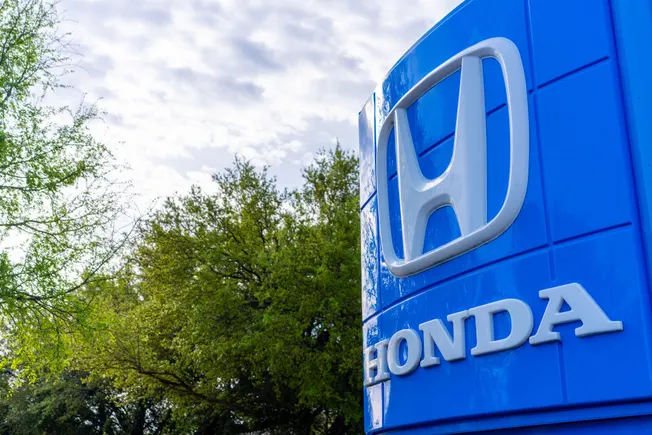Dive Brief:
- Since at least November 2021, male cooks at Boss Man Tacos in Highland, Indiana, subjected female employees, many of whom were servers in their teams, to sexual harassment, the U.S. Equal Employment Opportunity Commission alleged in a July 14 class-action lawsuit.
- Per the complaint in EEOC v. Bossman Tacos, LLC, male cooks, including the head chef, allegedly trapped female employees in restrooms and walk-in refrigerators and groped them while making lewd gestures. Also, allegedly in front of the owners, the male cooks subjected the women, including a pregnant employee, to vulgar and sexually offensive comments and jokes, according to the complaint.
- The EEOC sued Boss Man Tacos for violating Title VII of the Civil Rights Act of 1964 and Title I of the Civil Rights Act of 1991 by allegedly creating a severe and pervasive sexually hostile work environment. The lawsuit alleged that despite repeated complaints, the owners took no corrective action.
Dive Insight:
On July 30, the same day the EEOC announced the Boss Man Taco lawsuit, it also announced a similar lawsuit against Scalo Restaurant in Albuquerque, New Mexico.
According to the EEOC, two male managers at Scalo allegedly touched female employees and made vulgar comments, including discussing their sex life in graphic detail. One manager allegedly reduced an employee’s hours and offered to give her more if she had sex with him, the EEOC claimed.
Scalo also allegedly failed to take adequate corrective action, allowing the abuse to continue for years, according to the EEOC. Additionally, the agency alleged Scalo retaliated against some female employees who complained.
“Sexual harassment in the workplace requires an employer to take action swiftly,” EEOC Regional Attorney Mary Jo O’Neill stated in the press release announcing the lawsuit against Scalo. “Failure to act on this kind of misconduct is a serious violation of federal law.”
Since her appointment in January, EEOC Acting Chair Andrea Lucas has made it a priority to clamp down on businesses that allegedly perpetuate sexual harassment against female employees, she announced in a May 22 recap of EEOC accomplishments under her leadership.
In the 120 days between January and May, the agency recovered more than $1.2 million remedying sexual harassment, including sexual harassment against minors, Lucas said.
The recap referred to a $415,112 settlement between Walmart and EEOC in March. The payment resolved allegations the discount giant received multiple complaints about a West Virginia store manager’s sexual touching and requests for sexual acts in exchange for favorable treatment at work, but that Walmart failed to take appropriate action in response.
In the Boss Man Tacos case, the owners allegedly scoffed at employees who complained and dismissed their complaints.
One owner allegedly told an employee in reference to a co-worker’s harassment against her that the behavior was “just how teenage boys are” — even though the harassers were adult men — and that the owner couldn’t expect the cooks “not to act like that,” the lawsuit said.
Under Title VII, an employer’s liability for sexual harassment depends on the harasser’s role, the still-intact portion of EEOC’s guidance on workplace harassment explains. For instance, an employer is liable for a hostile work environment created by nonsupervisory employees if it unreasonably failed to prevent the harassment or failed to take reasonable corrective action in response to harassment it knew about or should have known about, the guidance states.





Leave a Reply